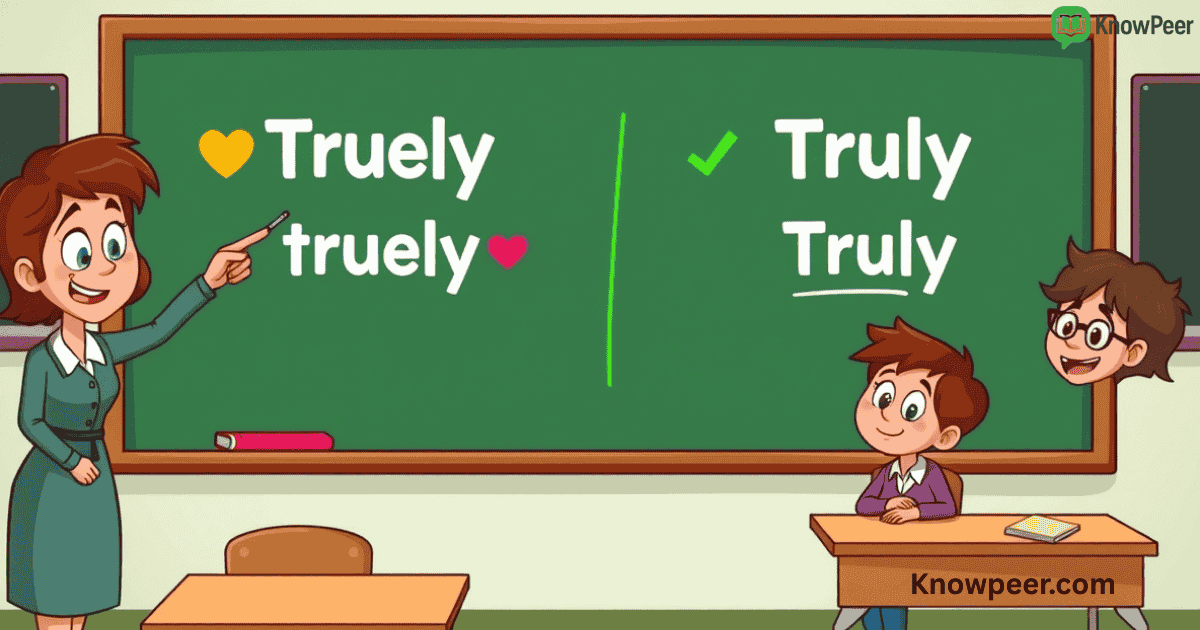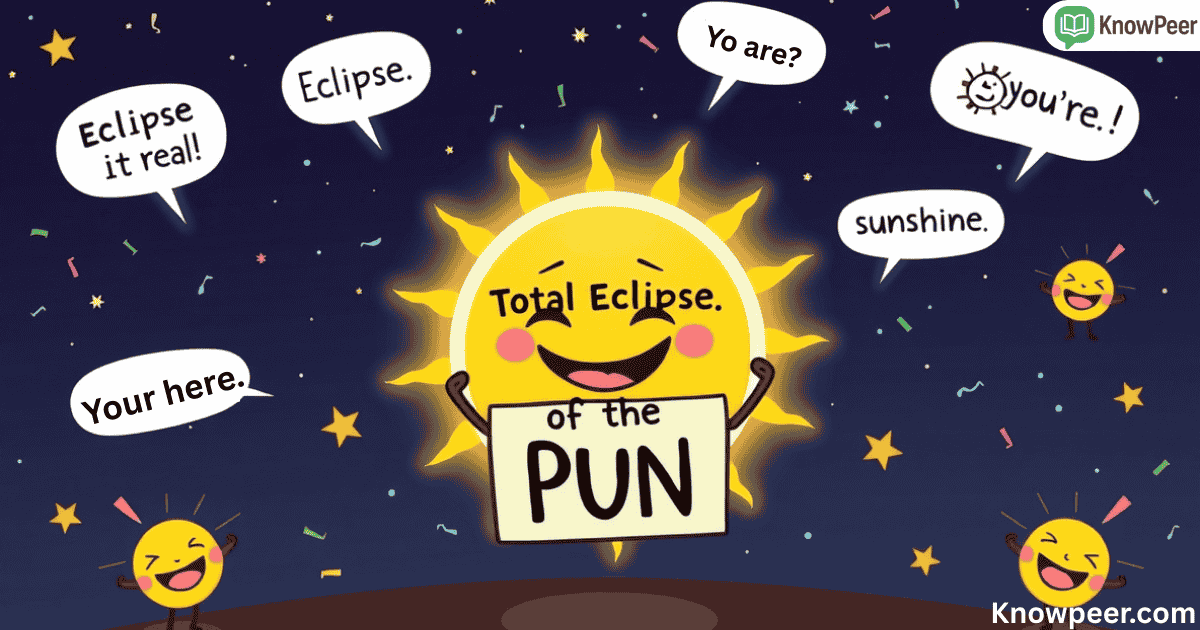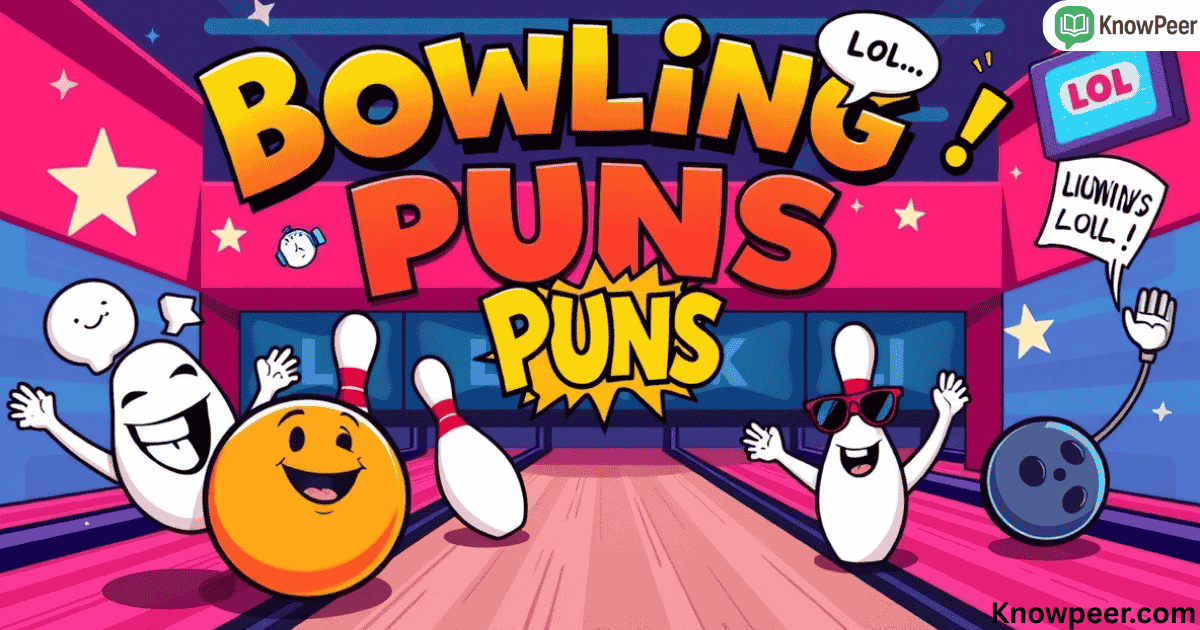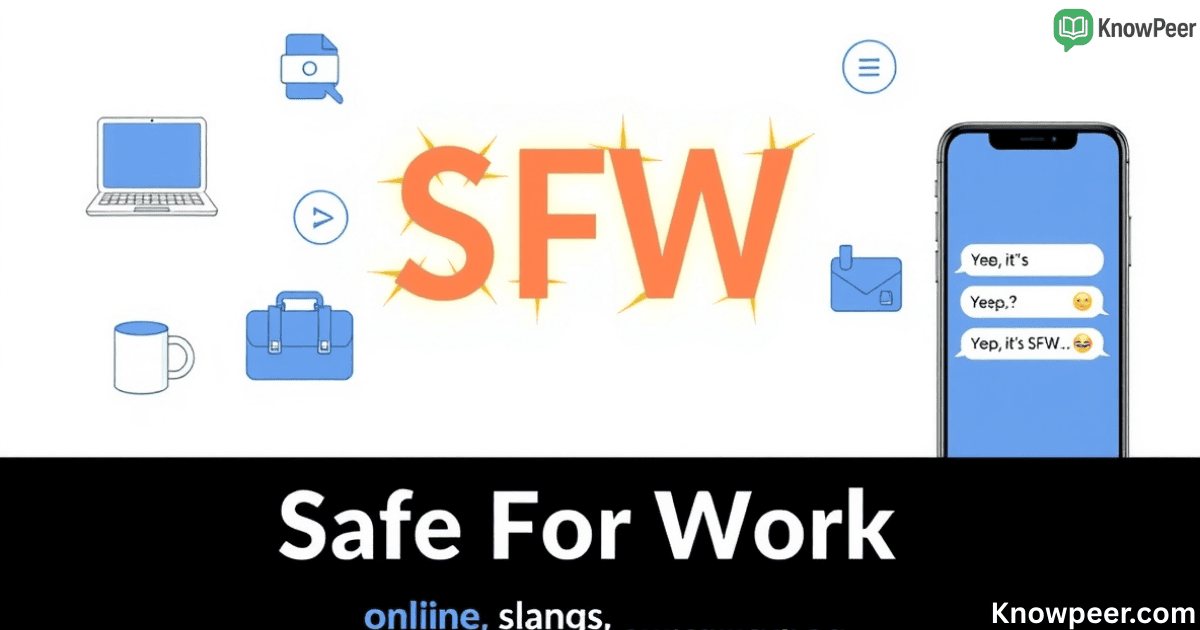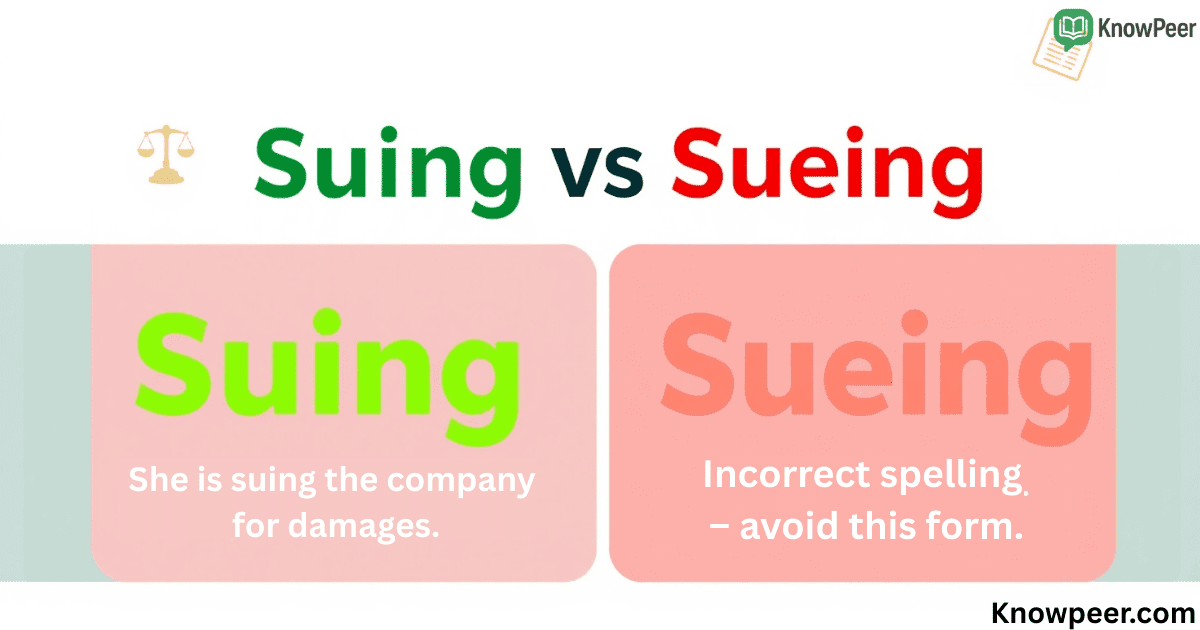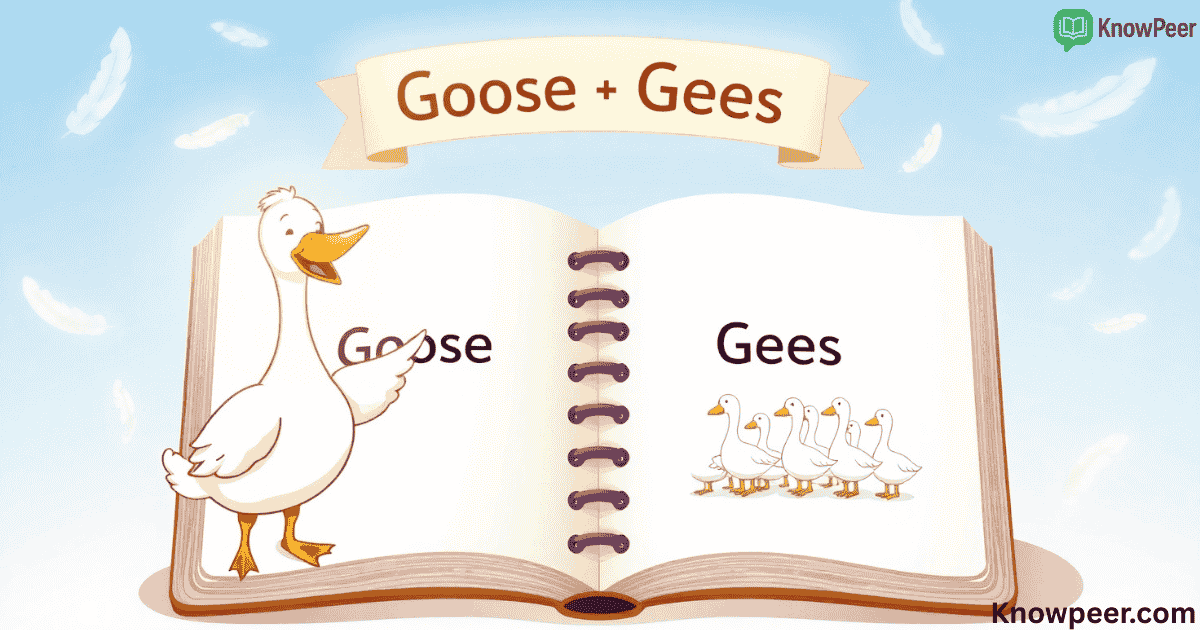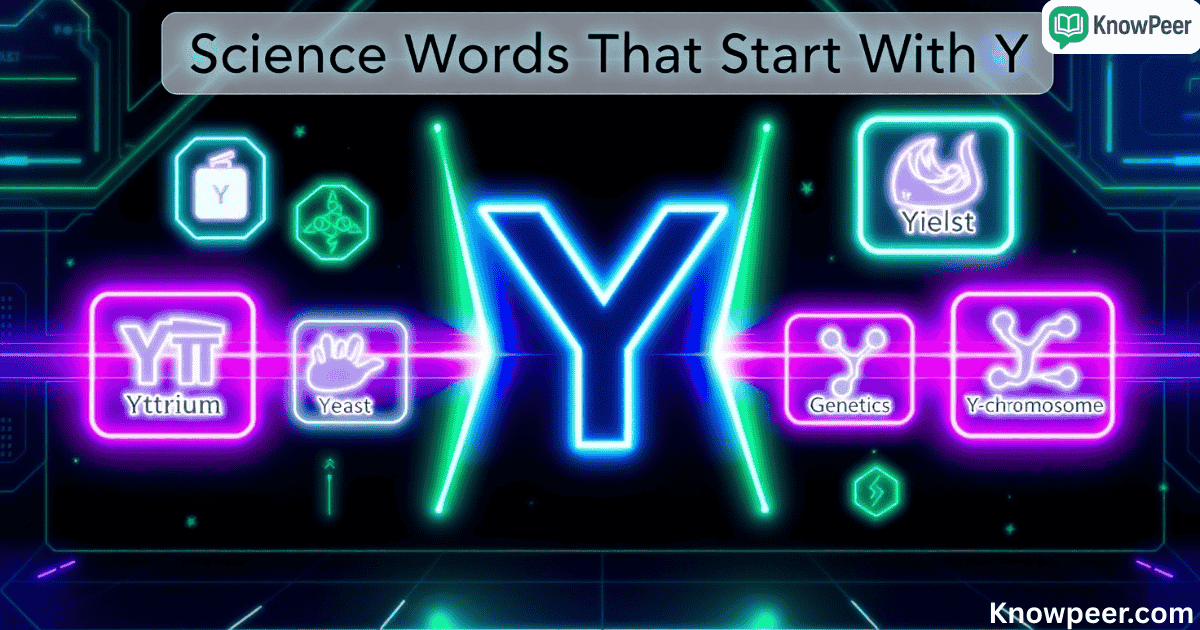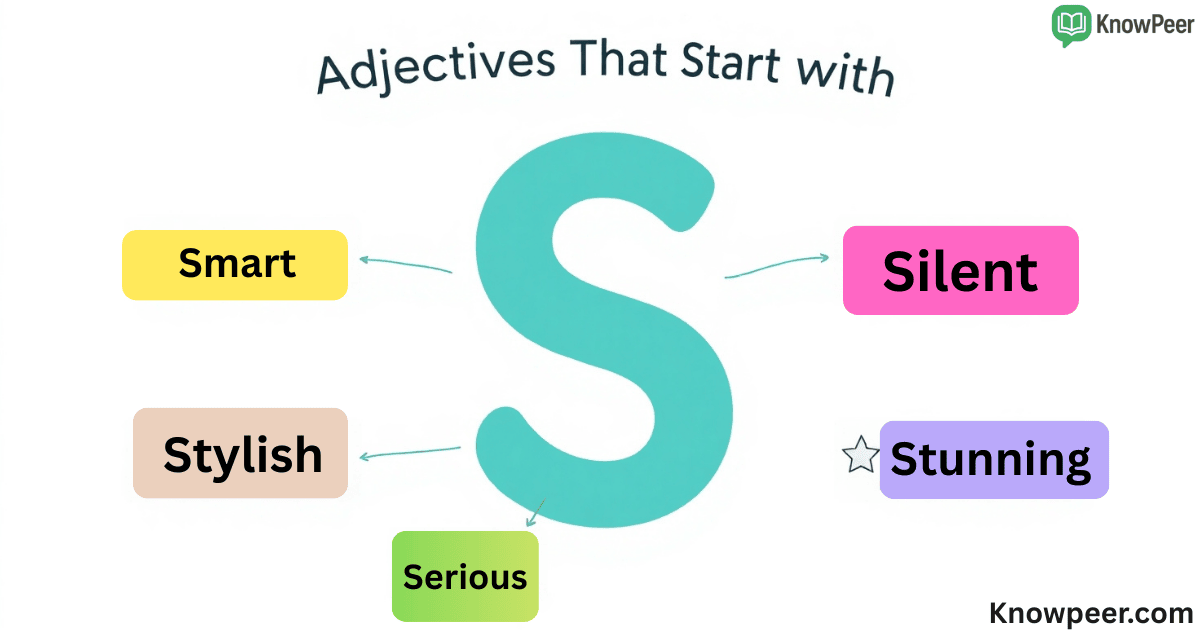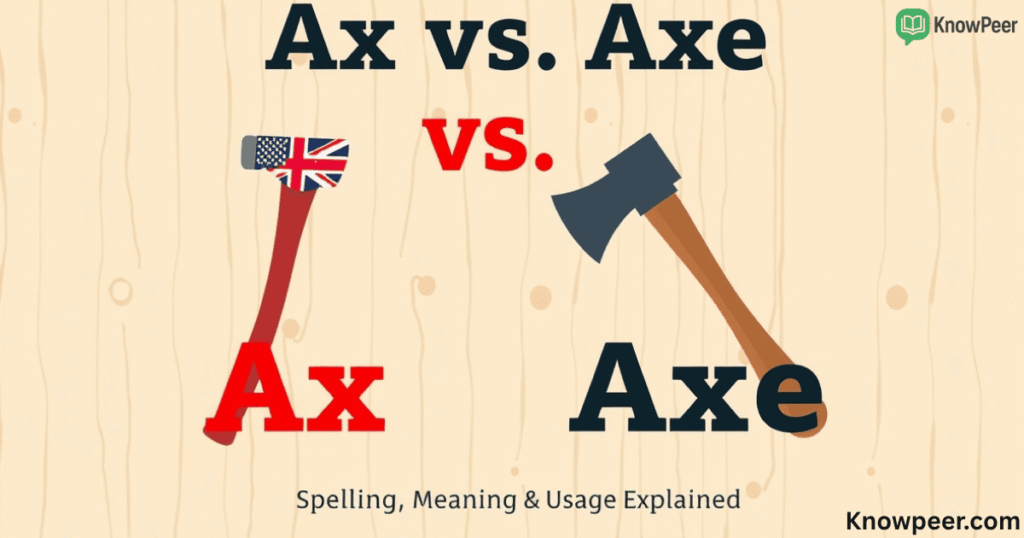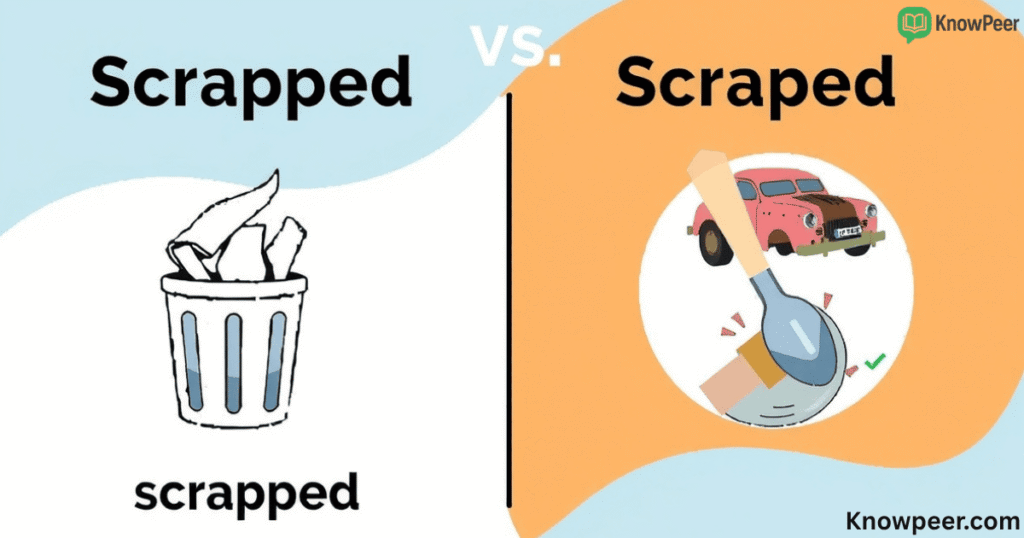
Admin
Freck John, linguist and English educator, shares grammar insights and writing tips at Know Peer, making language concepts accessible to all learners.
Truely or Truly: Correct Spelling, Meaning, and Examples
Introduction Many people get stuck on the difference between truely or truly. The mistake looks small, but it has a big impact on writing. ...
150 Hilarious Eclipse Puns and Jokes to Light Up 2025
Eclipses always bring wonder, but they also bring laughter. People love to play with words during rare events, and eclipse puns make the experience ...
160 Bowling Puns That Will Strike Up Your Humor
Bowling is more than just knocking down pins. It is laughter, fun, and even clever wordplay. Bowling puns make every game more exciting. Whether ...
SFW Meaning Explained: What It Stands for and How to Use It
The internet has given birth to countless abbreviations, and SFW meaning is one that confuses many people. If you scroll through Reddit, TikTok, or ...
Plural of Journey: Definition, Usage, and Examples Explained
The English language looks simple at first glance, yet words like journey often make learners pause. The word seems normal enough, but confusion arises ...
150 Science Words That Start With Z: Complete Guide
Introduction Exploring science words that start with Z can feel like stepping into a rare corner of the scientific world. These words are uncommon, ...
Suing or Sueing: Correct Spelling, Meaning, and Usage Guide
When people search for the right way to write a word, small differences can cause big confusion. The words sueing and suing are one ...
150 Ways to Understand the Plural of Goose Explained
The English language is full of surprises, and one of the most confusing is the plural of goose. At first glance, it might seem ...
150 Science Words Starting with Y: Full Glossary & Meanings
Science is full of rare and fascinating vocabulary, and exploring science words starting with Y feels like opening a hidden dictionary. These words cross ...
160 Adjectives That Start With S (With Meanings & Examples)
Language shapes how we express feelings, ideas, and stories, and adjectives make our words richer and more vivid. Among the many letters that fill ...
